Running a business means managing people, and that means managing legal risk. From hiring to firing and everything in between, Ontario employers face a growing web of legal obligations under employment standards, human rights law, health and safety rules, and common law. Mistakes aren’t just costly, they’re avoidable.
Here’s what every employer needs to keep in mind.
1. Employment Contracts Aren’t Optional
A well-drafted contract protects your business. Without one, courts will assume the employee is entitled to common law notice on termination, often far more than ESA minimums. That means months of pay you didn’t plan for. Contracts should include clear language around duties, pay, termination, probation, and enforceable restrictive covenants if needed.
Bad contracts = expensive exits.
2. Document Performance and Misconduct
You can’t fire “for cause” just because someone’s performance is poor. Termination for cause is a high bar in Ontario. Progressive discipline, documented warnings, and clear communication are key. Paper trails matter, especially when litigation or a Ministry of Labour inspection is on the table.
3. Don’t Wing It on Termination
Wrongful dismissal claims are common, and often preventable. Before you terminate, consider:
- Is there a contract limiting notice?
- Is severance required?
- Is there a human rights issue?
- Could this be construed as constructive dismissal?
A quick legal consult can save you months of litigation and thousands in payouts.
4. Know Your ESA and OHSA Obligations
Employers must meet minimum standards under the Employment Standards Act, 2000, S.O. 2000, c. 41 including hours, overtime, vacations, and leaves. You’re also responsible for providing a safe workplace under the Occupational Health and Safety Act, R.S.O. 1990, c. O.1, including harassment prevention policies.
These are not optional. Inspectors can and do show up.
5. Handle Accommodation Requests Carefully
When an employee raises a medical or religious accommodation issue, you can’t ignore it — or ask for excessive documentation. The duty to accommodate is real, and getting it wrong exposes you to human rights claims. If in doubt, get advice.
Final Word: Get Advice Before It Becomes a Problem
Employment issues rarely fix themselves. A short legal review at the outset, whether it’s a contract, discipline issue, or planned termination, can prevent months of legal headaches. At Tamir Litigation, we help employers make strategic, compliant, and practical decisions in real time.
F.A.Q.
Do I need written contracts for all employees?
Yes. Without a written contract, your employee may be entitled to common law notice — which is far more generous than the ESA minimums.
Can I terminate someone for poor performance?
An employer can terminate an employee for any reason. The only issue becomes is how much it will cost in terms paying out severance / notice period to the terminated employee. Unless performance is of outstandingly egregious nature it will not give rise for termination for cause. This means that while you of course may let go a poorly performing worker, chances are you may still need to give them termination notice.
What’s the risk of ignoring a human rights accommodation request?
Significant. You could face a claim at the Human Rights Tribunal of Ontario. Always take accommodation requests seriously and get legal advice if unsure.
⚖️ Need Clarity on an Employment Law Issue?
Whether you’re drafting contracts, managing terminations, or responding to employee complaints, we help you make smart, legally sound decisions.
This commentary is for informational purposes only and does not constitute legal advice. Contact Tamir Litigation Law Firm today at 416-499-1676 or visit tamirlitigation.com to learn how you can protect your licence and your reputation. You can also message us on WhatsApp for a free initial chat.

